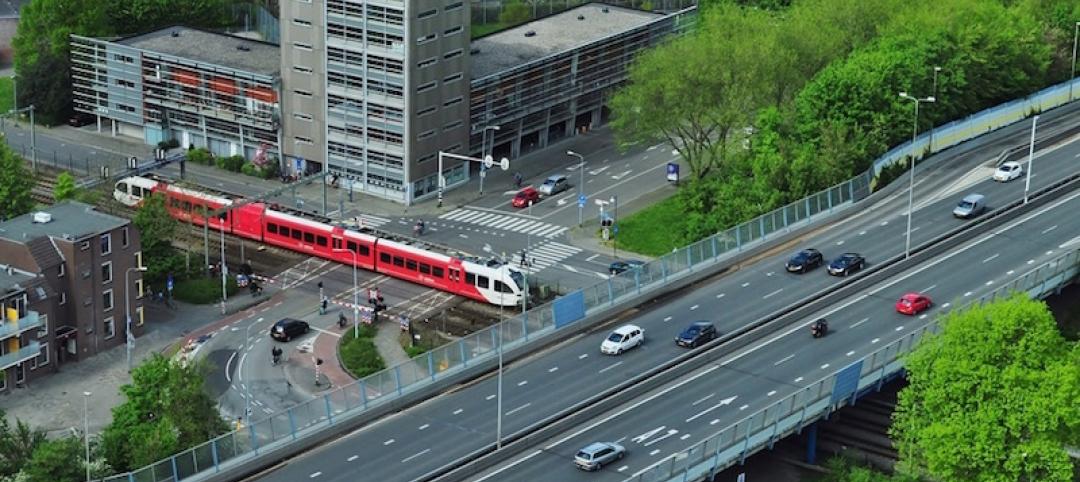If development in cities became denser, that would do more to reduce emissions from buildings than wide-scale building energy retrofits, according to a study published in Proceedings of the National Academy of Sciences.
Researchers projected emissions attributed to buildings under multiple potential urban densities through 2050. They found that denser development patterns lead to lower emissions because in dense urban areas people tend to live and work in smaller units and therefore use less energy. In addition, attached buildings require less energy for heating and cooling.
That means that greater density has the potential to substantially reduce building emissions, more so than other efforts to improve energy efficiency such as better insulation and weather stripping.
Related Stories
Codes and Standards | Oct 24, 2016
Fall hazards, hazard communication lead 2016 OSHA top violations
The 2016 list bears a strong resemblance to the 2015 list.
Codes and Standards | Oct 21, 2016
Green Bond Guidelines for the Real Estate Sector updated
The market growth is a signal of future opportunities.
Codes and Standards | Oct 20, 2016
What top-ranked energy efficiency states are doing right on codes, utility mandates
Calif., and Mass., use aggressive targets to lead nation.
Codes and Standards | Oct 20, 2016
New cross-laminated timber fire tests back proponents of high-rise wood structures
'Demonstrating for the first time the feasibility of tall mass timber buildings in the U.S.’
Codes and Standards | Oct 14, 2016
ASCE issues first tsunami-safe building standards
The new standards will become part of international building code.
Codes and Standards | Oct 12, 2016
Making concrete greener
The high energy-consuming material can be made more sustainably.
Codes and Standards | Oct 11, 2016
Historic preservation moving beyond saving grand old buildings
National Trust for Historic Preservation CEO says the focus is on saving cities, not just buildings
Codes and Standards | Oct 10, 2016
Los Angeles voters will decide whether high-density developments should be harder to build
A March vote on the Neighborhood Integrity Initiative would put 2-year ban on zoning changes
Codes and Standards | Oct 10, 2016
New sustainable landscape development and management credential launched
GBCI offered the first testing opportunity Oct. 3 at Greenbuild
Codes and Standards | Oct 6, 2016
Obama administration will spend $80 million for smart cities initiatives
The technology is targeted for climate, transportation, resiliency.
















